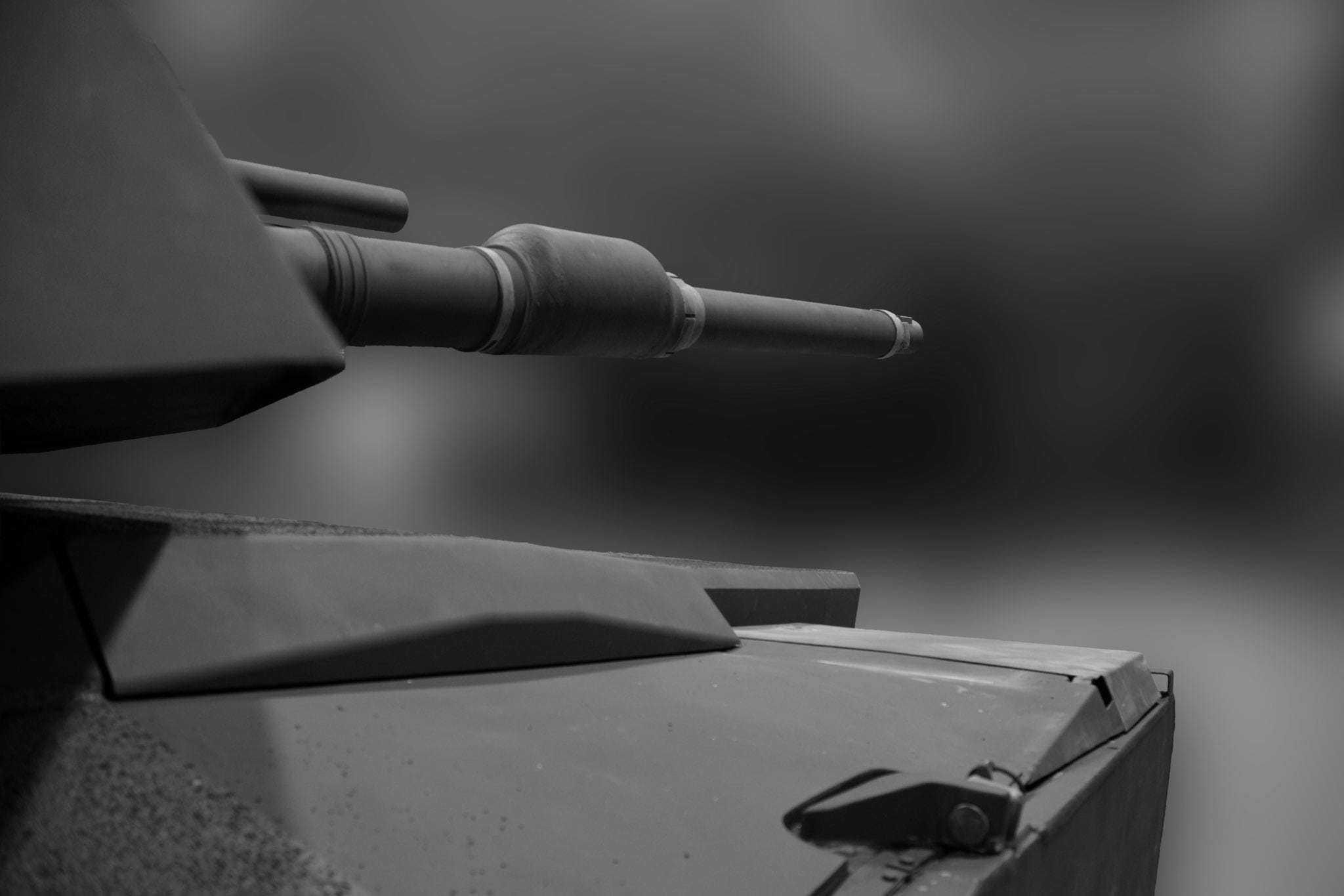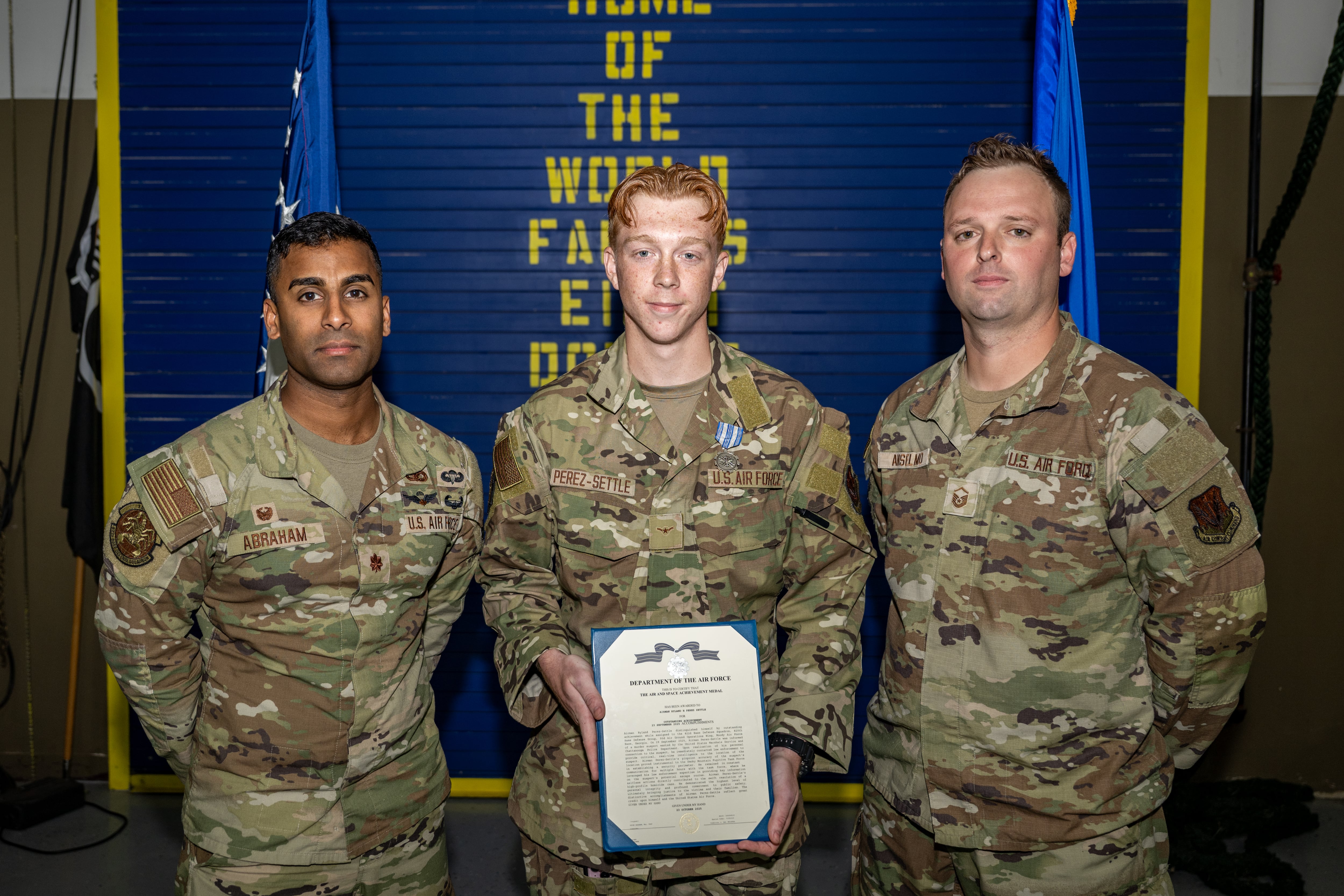Former Army Reserve Capt. Josh Grenard thought the anguish of losing men in combat would eventually wane in the years after a deployment to Iraq. But when soldiers from his unit began committing suicide, the wounds reopened — fresh, raw and painful.
"It's almost two sets of injuries — but having your men kill themselves is wholly different," Grenard said. "Was there something I could have done? Was there a way we could have gotten them help? Should I have seen it?"
He found himself slipping into isolation, going to his law office each day but questioning his very existence. He drank from 7 a.m. to 10 p.m. daily — "very metered, all day."
"You don't want to think about anything. You don't want to answer those questions," he said.
Grenard was not suffering from post-traumatic stress disorder, the psychiatric condition normally associated with combat.
Rather, his feelings, which included crippling helplessness, emotional pain, guilt and frustration, are often described as "moral injury," a psychological condition related to having done something wrong, being wronged by others or even witnessing a wrongdoing, argues Georgetown University philosophy professor Nancy Sherman.
On Monday, Sherman brought together a group of veterans dealing with the emotional fallout of military service to speak to students at Georgetown University in Washington, D.C.
Sherman has just written a book, "AfterWar: Healing the Moral Wounds of Our Soldiers," that she says she hopes will help veterans understand their emotional conundrums but also educate those outside the military about the impact of war on troops' principles.
Sherman said while the physical injuries of war are well-studied, mental conditions like PTSD and combat-related depression are less understood and moral injury is even more elusive.
"This is not new, it's ancient. We see it in Homer, when Achilles, angry over the death of his friend, drags Hector's body around from the back of his chariot," Sherman said. "In clinical medicine, moral injury often gets ignored in favor of the slimmer notion of psychological trauma. This goes beyond the medical model; it's the spiritual and mental anguish some experience when they go to war."
Meosha Thomas was a Navy intelligence specialist who deployed three months after giving birth to her first child. She returned a year later to a toddler who "didn't know" her, and now, nearly a decade and many deployments later, she is trying to build a relationship with a middle-schooler who lives with her grandmother.
She chokes up when she discusses the guilt and shame she feels for not having been there to raise her child and cries over the lost years.
"It's the tragic consequence of serving two masters — I don't see myself as a good mother. I am just someone who had a child and did what I had to do," Thomas said.
Former Army Maj. Ian Fishback became one of Time magazine's most influential people when he wrote to Arizona Republican Sen. John McCain in 2005 to alert the high-ranking senator of abuse and torture of detainees.
He describes his moral injuries — related to a sense of betrayal by the Army — as "complicated."
"You are trying to be a part of an institution and a team player but also attempting to affect the values of the institution, which I didn't think I was doing," Fishback said. "I was trying to hold the Army to its own values."
But as a whistleblower, Fishback was at best, ignored, at worst, shunned, by colleagues and higher-ups.
"I changed over time as a soldier, to the point that at the end, I had more in common with Iraqis than I did with my fellow soldiers. At the end of my fourth deployment … every time I made a move, my primary obstacle was the United States Army or the U.S. State Department," he said.
Retired Army Brig. Gen. Steven Xenakis, a psychologist who has counseled soldiers, veterans and Guantanamo detainees, said he is not sure how these issues get resolved, but noted that there is a role for physicians, chaplains and military leaders to provide guidance and support.
"There is fallout from war, there is detritus. It is very serious. You need to have a group of people who will pick up debris, pick up the pieces," Xenakis said.
While there may not be a medical solution, Sherman thinks the answer for suffering service members and veterans may lie in self-empathy and forgiveness of oneself.
She believes civilians can help with the transition. Sherman said she wrote "AfterWar" in an attempt to provide an understanding of the military psyche and help "heal the military-civilian divide through engagement."
"The largest group of veterans who have served our country since Vietnam are home," Sherman said. "And we need to help."
Patricia Kime is a senior writer covering military and veterans health care, medicine and personnel issues.





